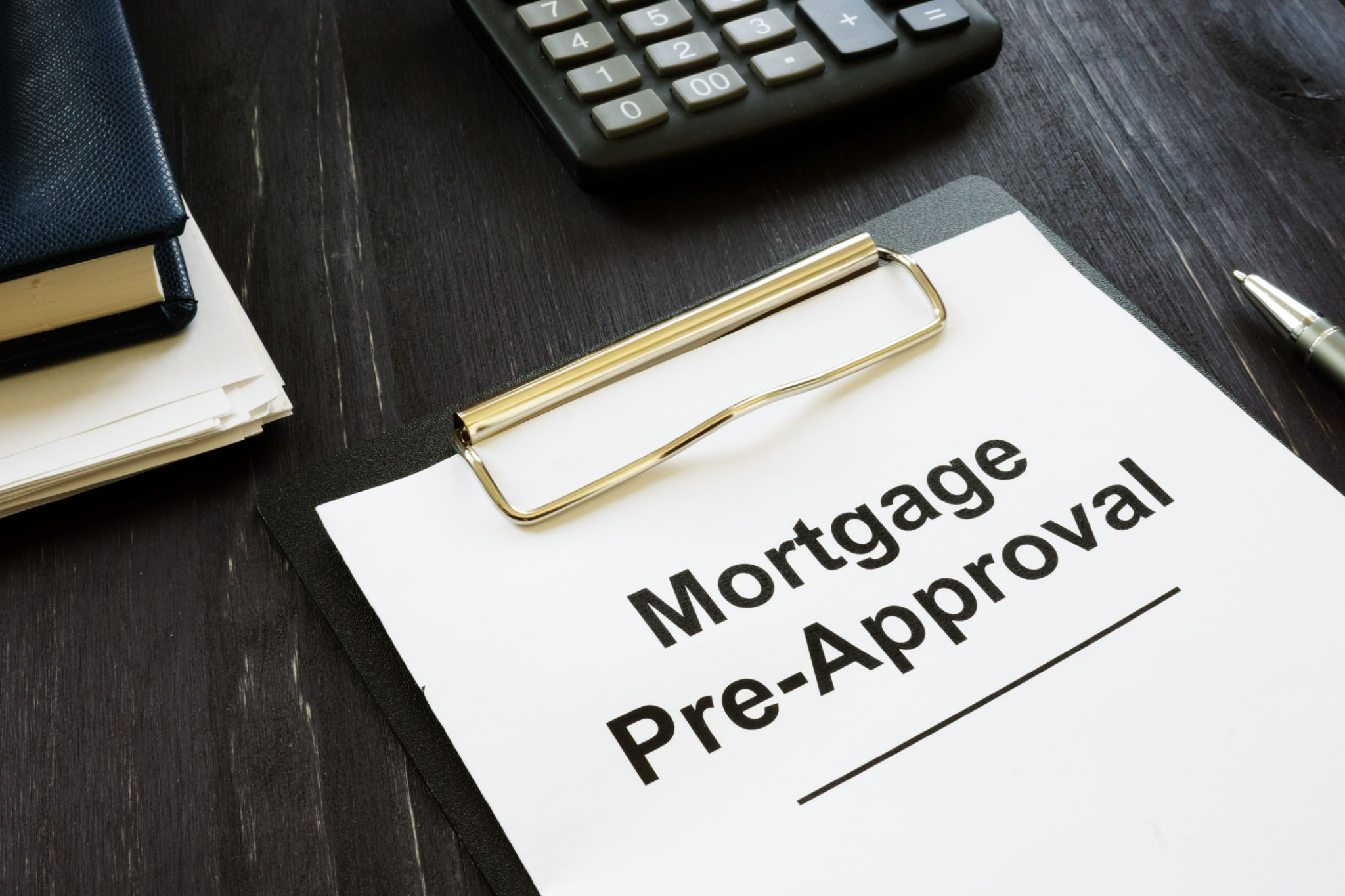Understanding Home Loans in North Carolina: What You Need to Know
Understanding the Basics of Home Loans
Purchasing a home is one of the most significant investments you can make, and understanding home loans is crucial to making informed decisions. In North Carolina, like elsewhere in the United States, there are several types of home loans available, each with its own set of benefits and requirements. It's important to familiarize yourself with these options to choose the one that best suits your financial situation and homeownership goals.

Types of Home Loans Available
When it comes to home loans in North Carolina, there are three primary types to consider: conventional loans, FHA loans, and VA loans.
- Conventional Loans: These are not insured by the federal government and typically require a higher credit score. They often offer competitive interest rates and flexible terms.
- FHA Loans: Backed by the Federal Housing Administration, these loans are designed for first-time homebuyers or those with less-than-perfect credit. They require a lower down payment and have more lenient credit requirements.
- VA Loans: Available to veterans, active-duty service members, and certain members of the National Guard and Reserves, VA loans offer favorable terms, including no down payment and no private mortgage insurance.
Understanding Interest Rates
An essential factor in choosing a home loan is understanding how interest rates work. Interest rates can be fixed or adjustable. A fixed-rate mortgage maintains the same interest rate throughout the life of the loan, providing predictability in your monthly payments. On the other hand, an adjustable-rate mortgage (ARM) may start with a lower rate but can change over time based on market conditions.

Qualifying for a Home Loan in North Carolina
Eligibility for a home loan involves several factors that lenders consider before approving your application. These include your credit score, income, debt-to-income ratio, and employment history. It's advisable to improve your credit score and reduce debt before applying to enhance your chances of securing a favorable loan.
The Role of Down Payments
Your down payment is a critical component when purchasing a home. While some loans like VA loans may not require a down payment, others might necessitate anywhere from 3% to 20% of the home's purchase price. A larger down payment can help you secure better loan terms and reduce the overall cost of borrowing.

Navigating the Home Loan Application Process
The application process for a home loan can seem daunting, but breaking it down into manageable steps can make it more approachable. Generally, it involves pre-approval, house hunting, submitting a formal application, underwriting, and closing. Working closely with a lender can help streamline this process and address any potential issues early on.
The Importance of Pre-Approval
Getting pre-approved for a home loan is a vital step that can give you an edge in the competitive North Carolina real estate market. Pre-approval involves a lender reviewing your financial situation and determining how much you can borrow, which showcases to sellers that you are a serious buyer.

Conclusion: Making Informed Decisions
Understanding the intricacies of home loans is key to making informed decisions as you embark on your journey to homeownership in North Carolina. By familiarizing yourself with different loan types, interest rates, and qualifying criteria, you can select the best option for your needs and budget. Remember to consult with financial advisors or mortgage professionals to ensure that you make decisions that align with your long-term financial goals.
